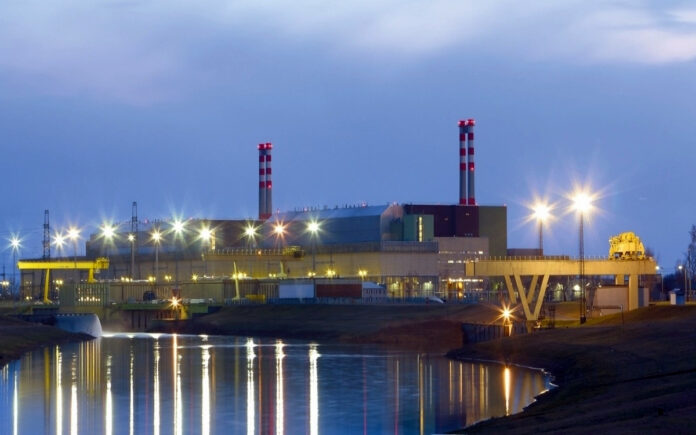Budapest: Hungary plans to permit the Paks nuclear power plant to exceed the temperature limit for Danube water used in cooling operations, according to a statement from the energy ministry on Friday. This change is being considered to ensure security of supply.
The Paks plant, which operates four reactors using Danube water for cooling, must currently comply with a regulation prohibiting water use when its temperature exceeds 30°C. If the limit is reached, the plant is required to reduce output until the water temperature falls below the threshold.
The energy ministry acknowledged that, due to climate change, rising temperatures and low water levels could frequently hit this limit during summer months. The proposed adjustment would maintain the 30°C limit but allow the plant to exceed it on a case-by-case basis with the energy minister’s approval, if essential for security of supply.
Also Read | Russia’s Lavrov Voices Concerns About US-South Korea Nuclear Strategy at ASEAN Meeting
“The curtailment of Paks’ output could directly jeopardize the smooth supply of domestic consumers in a tight energy market,” the ministry stated. “In addition to environmental considerations, it may therefore be justified to exceed the limit value on a case-by-case basis if this is unavoidable for security of supply.”
Also Read | Nigeria Convicts 125 Boko Haram Insurgents and Financiers in Mass Trial
The Paks plant, featuring four Russian-built VVER 440 reactors with a total capacity of approximately 2,000 megawatts, began operations between 1982 and 1987 and is slated for decommissioning between 2032 and 2037. Hungary also plans to expand the plant with two additional VVER reactors, each with a 1.2-gigawatt capacity, built by Russia’s Rosatom.



